Sandra Oh shines in “Umma”, a compelling, if flawed, supernatural tale of generational trauma — short on scares, but big on ideas.
Umma is a film with big ideas; heady, meaningful, and interesting ideas. Unfortunately, it falls short of being exceptional, despite its thought-provoking storyline and powerful acting talent. It’s a flawed film, but there’s a lot to love about it nonetheless.
William Shakespeare is often quoted as saying, “Expectation is the root of all heartache.”
While the Bard may or may not have uttered those famous words (it’s up for debate), the sentiment rings mightily true. I would also argue that expectation is the root of many a bad horror movie-watching experience.
So, let’s get one thing out of the way up front, lest a false expectation ruins your enjoyment of this film.
Umma is not that scary, at least not in the traditional sense of the word. It is horrifying in concept, but the execution is much more dramatic in nature — atmospheric and unsettling, but never “jump out of your seat” scary.
This is a film, like the remarkable Relic and the much more frightening Hereditary, that deals with issues of generational trauma.
Umma tells the story of Amanda (Sandra Oh), an abuse survivor who lives off the grid with her teenage daughter, Chrissy (Fivel Stewart). Though the two are about as close as mother and daughter can be, Amanda keeps the dark secrets of her past closely guarded — living in constant fear of becoming the monster she viewed her own Umma (the Korean word for mother) to be.
Amanda is terrified of electricity. As a result, she and her daughter live without modern conveniences. Chrissy thinks her mom has a rare illness that causes her to get sick around electricity. But the source of her phobia is much more sinister.
One day, Amanda’s uncle arrives from Korea to inform Amanda that her mother has died. He scolds Amanda for letting her mother die alone — the two have been ostracized for years — then leaves her with Umma’s ashes and instructions for putting her mother’s soul to rest.
But Amanda has left behind her Korean heritage, disavowing the superstitious beliefs of her ancestors. Thus, she ignores her uncle’s warnings. Of course, that’s a dangerous mistake that results in her mother haunting Amanda and threatening to destroy all she holds sacred.
As Umma begins to make her presence more and more known, in increasingly unsettling ways, Amanda is plagued by memories of abuse she suffered at the hands of her mother. Traumatized, she refuses to do the one thing that will appease her mother’s vengeful spirit: properly honor her in death.
By refusing to face the pain of her past — refusing to tell her daughter anything about her own mother or the suffering she caused Amanda — and refusing to move past it, she feeds Umma’s rage and allows her spirit to slowly consume Amanda.
This threatens to turn Amanda into that which she most fears, becoming a literal embodiment of the woman she swore she’d never be like.
Written and directed by Iris K. Shim in her first feature, Umma is a highly ambitious film that tackles a lot in its brief runtime.
It’s about the way we carry and pass on, often unintentionally, trauma from one generation to the next.
UMMA deals with guilt, the hardships of trying to assimilate into a new culture, the relationship between immigrants and their first-generation children, the struggle for identity, and the hurt and healing associated with forgiveness.
I loved the fact that the film does not treat pain as an excuse for abuse. There’s a very real empathy and understanding associated with Umma’s horrible behavior — she was a victim before she was a victimizer — but she is not absolved of guilt and responsibility for her crimes. We can feel for her without letting her off the hook.
Pain often begets pain, but it doesn’t justify it.
Sandra Oh is every bit as good as you’d expect from an actress of her caliber. Stewart is equally impressive, and their mother-daughter relationship feels authentic and believable. Odeya Rush is also excellent as a teen visiting from out-of-town who befriends the lonely Chrissy and helps her balance her desire to become her own person while being a good daughter.
As I mentioned earlier, Umma is not perfect.
Though the dramatic aspects are compelling, the film doesn’t really nail the supernatural scares. And horror fans who show up for a spookfest produced by horror icon Sam Raimi are likely to be disappointed.
While some scenes really work, others fall flat. The editing isn’t as strong as it could be, and it languishes a bit, even at under 90 minutes.
Ultimately, it’s hard not to think the potential for a much more impactful film lies just beneath the surface of this pretty good, but not quite great film.
Still, flaws aside, Umma has plenty to offer, especially for those who relate to its themes of trauma and the desperate battle to keep pain from consuming you. This film swings for the fences. And while it doesn’t quite knock it out of the park, there’s a depth and beauty here that should be celebrated.
We need more films like this — films that offer diversity in content and casting; films that explore stories we don’t often get from the perspective of people who don’t often have their stories told. And that definitely deserves to be celebrated.
Umma wasn’t everything I hoped it would be (damn those expectations), but Shim shows tremendous promise with this debut and has landed on my “ones to watch” list.


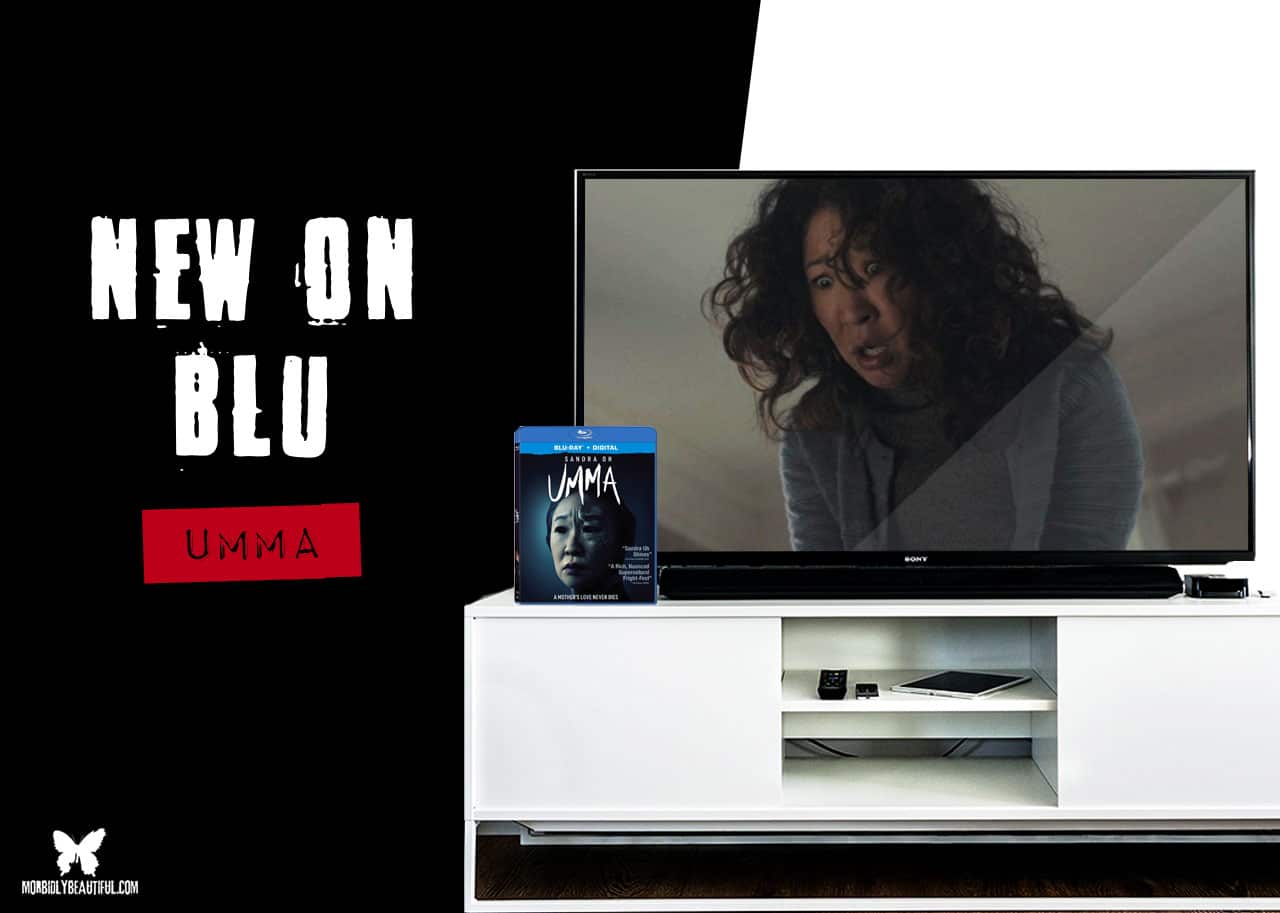
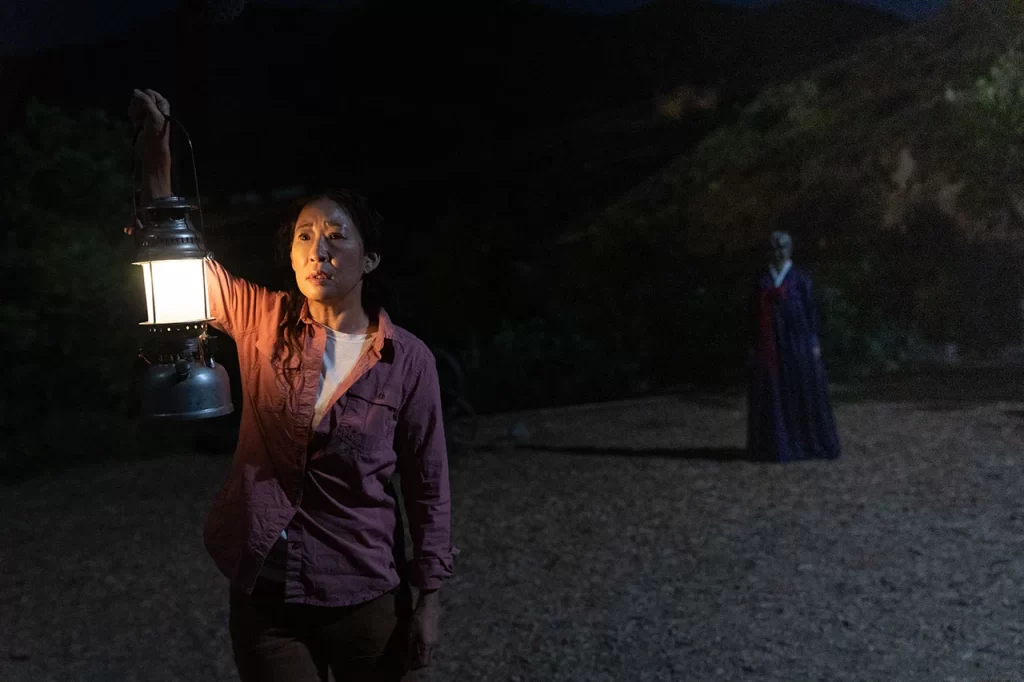
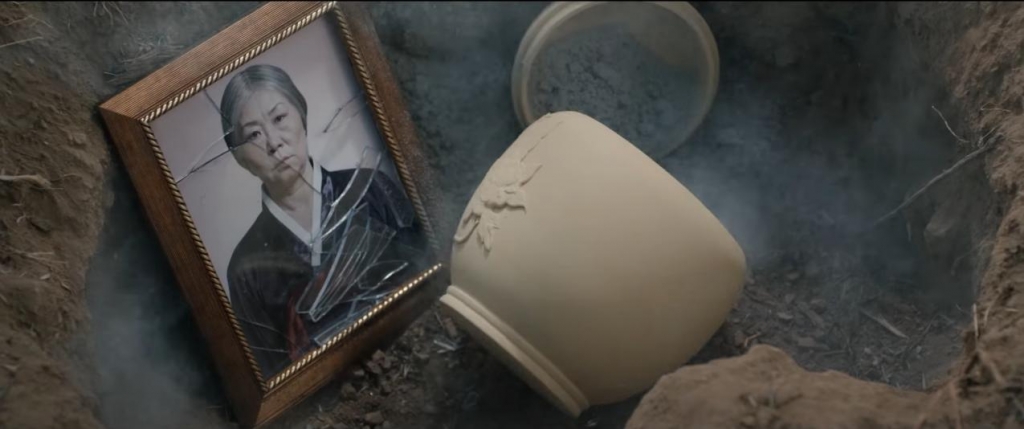
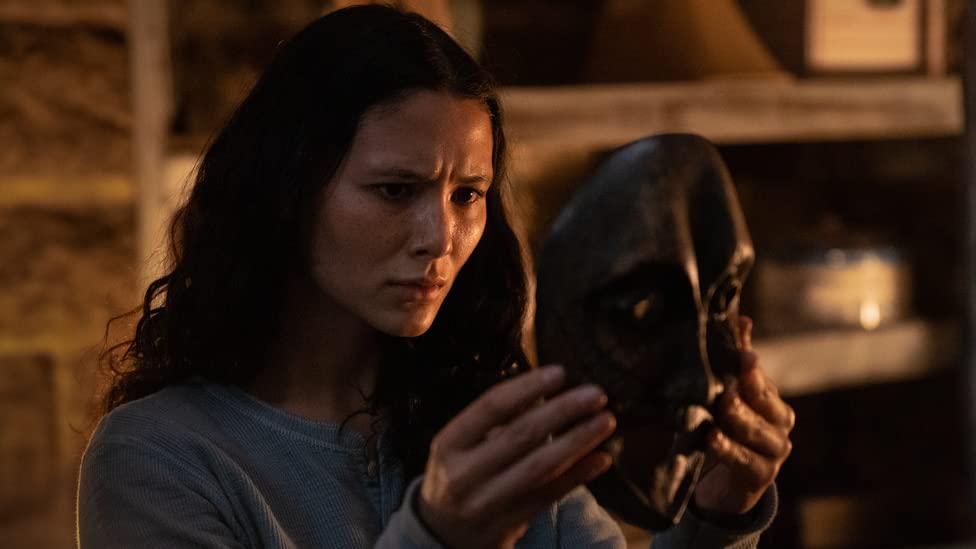
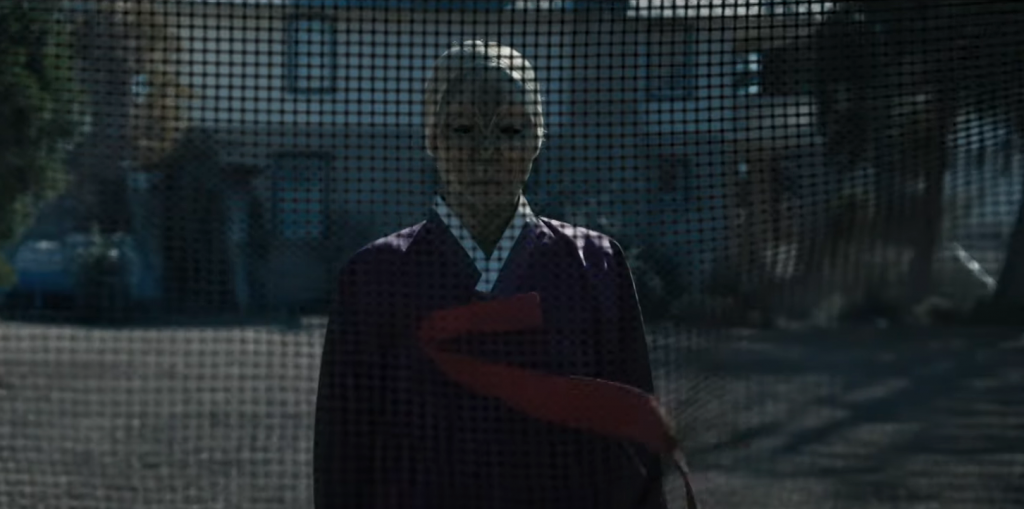












Follow Us!